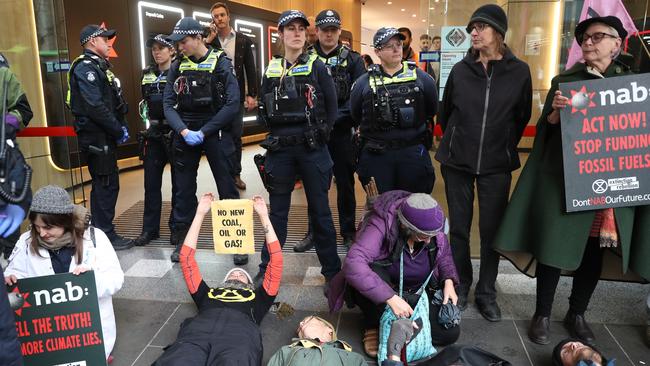
Labor branches have been signing up for the motion drawn up by the Labor Environment Action Network at the rate of three a day. More than 170 branches have joined the call for drastic cuts to agricultural greenhouse gas emissions that would be devastating to livestock farmers.
The network has grown from a twinkle in Kristina Keneally’s eye 20 years ago to become the second-most powerful movement in the ALP after the unions.
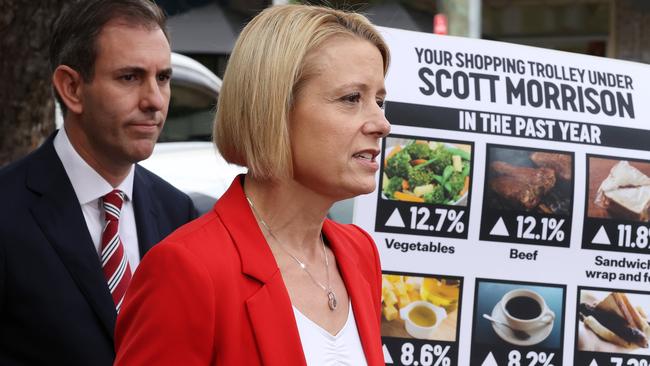
Scott Morrison is said to have described it as an infiltration of radical activists within the Labor Party. It is anything but. For while its views might sound fringe to conservative ears, they represent mainstream opinion in Labor’s hollowed-out branches.
If they didn’t, the Climate, Clearing and Cows motion would not have become the fastest-growing grassroots campaign in the party’s history. Nor would senior Labor ministers be pondering how to respond when its adoption is greeted with rousing applause at August’s national conference, as it surely will be.
LEAN co-convener Felicity Wade is no superglue-wielding, tarmac-hugging fanatic. Her task, as she told The Australian’s Troy Bramston last week, is to identify the next horizon of climate action and convert it into Labor policy. She is a political realist who seeks not to embarrass Labor’s federal leaders but to lead them gently to greener pastures. The Albanese government’s ambitious 43 per cent emissions cut target for 2030 is testimony to LEAN’s success.
Sadly, the organisation’s pragmatism in the political realm does not spread to its policy ideas, which are the kind of maladroit, under-researched and slogan-driven ruminants with which we’ve become all too familiar since climate change was first discovered by Kevin Rudd earlier this century.

If the Climate, Clearing and Cows motion becomes government policy, graziers and croppers will find themselves in the corner with coalminers facing unreasonable regulation, restricted capital and heavier taxes.
The Netherlands offers a sobering example of what becomes of a productive and efficient agricultural sector when governments surrender to the Great Food Reset. The mandated 30 per cent reduction in livestock numbers by 2030 and compulsory government acquisition of 3000 farms is turning peak meat into a self-fulfilling prophecy.
Anthony Albanese already has one foot over the line as a signatory to November’s G20 Bali Leaders’ declaration, which pledged to accelerate the transition to agriculture and food systems that “better contribute to adaptation and mitigation to climate change, and halting and reversing biodiversity loss”.
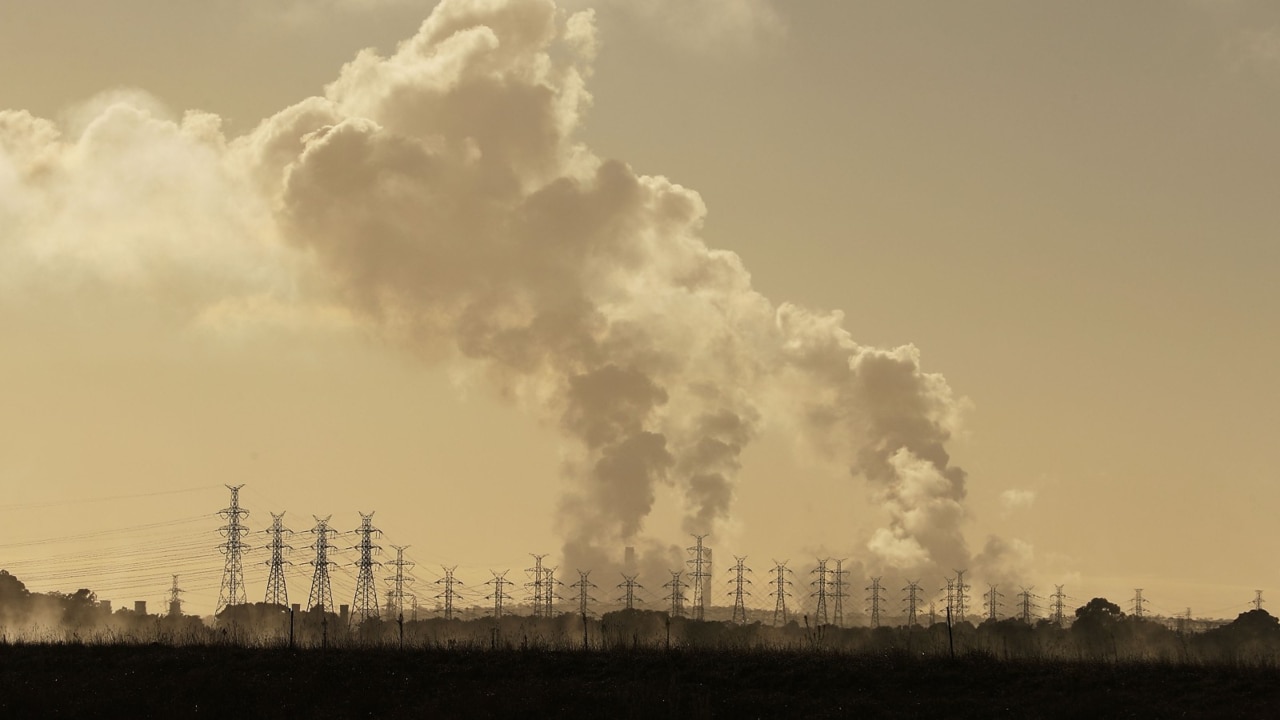
The UN’s Environment Program is one of many influential bodies that have declared war on industrial fertiliser, denouncing NO2 as worse than CO2, despite a relative lack of research. Nitrogen, however, is not only a key ingredient for plant roots but is essential to the food chain. Without an abundance of industrial nitrate – produced largely with fossil fuels – food production would collapse and a world population of 8 billion people would be impossible to support.
LEAN’s campaign calls for a 50 per cent reduction in methane emissions from Australian agriculture by 2030. Some of this may occur through innovation in food additives, but it is impossible to imagine the target will be met without a sharp reduction in the cattle population.
Last month, in what Wade described as a “must-watch” webinar, LEAN’s members heard from Kobad Bhavnagri, a food catastrophist at Bloomberg New Energy Finance. He warned that the collapse of ecosystems around the world will wipe out 2.3 per cent of global GDP by 2030. Planetary boundary scientists (there are such people) have concluded that agriculture is the single largest threat to the stability of the planet, he said. Five of the nine physical, biological and chemical processes, which have kept the Earth as a whole in a beautiful equilibrium for tens of thousands of years, are collapsing.
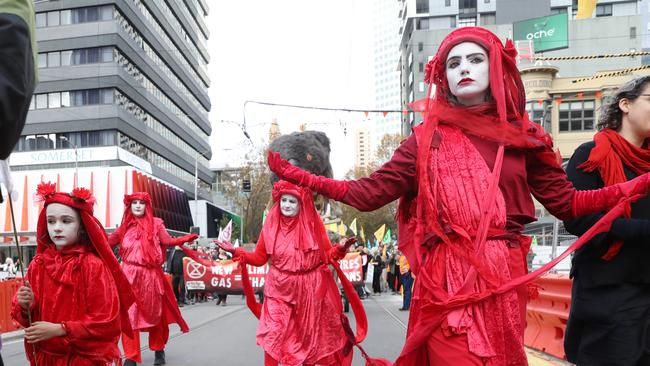
Agriculture is causing “water stress”, Bhavnagri said, “meaning that we’re probably going to run out of freshwater supplies somewhere between the year 2030 and the year 2040 globally”. Pesticides and fertiliser in agricultural run-off are killing insects first, then animals and people.
These were just some of the miserable arguments mounted by Bhavnagri to justify a rigorous reduction in the population of belching animals. A new generation of alternative proteins and the development of lab-grown meat meant there was no longer a need to slaughter animals. Precision fermentation would deliver the proteins needed to make milk without cows. “Or could also make all of the building blocks for a chicken patty or some new food type,” said Bhavnagri.
It is unfortunate Labor’s main policy group should lean so heavily towards a contested branch of science less than 15 years old. Planetary Boundary theory has been adopted un-sceptically by LEAN as its intellectual bedrock. The reductionist argument that crossing the boundaries of humankind’s “safe operating space” could result in catastrophe is, to put it mildly, scientifically contentious. It denies the complexity and uncertainty we see in nature and human behaviour every day. It fails to address the trade-offs that staying within multiple conflicting boundaries demands. Most of all it is a woeful tool for guiding public policy, since its conclusion that we face urgent, existential crisis is not conducive to the calm, rational thinking decarbonising the economy demands.
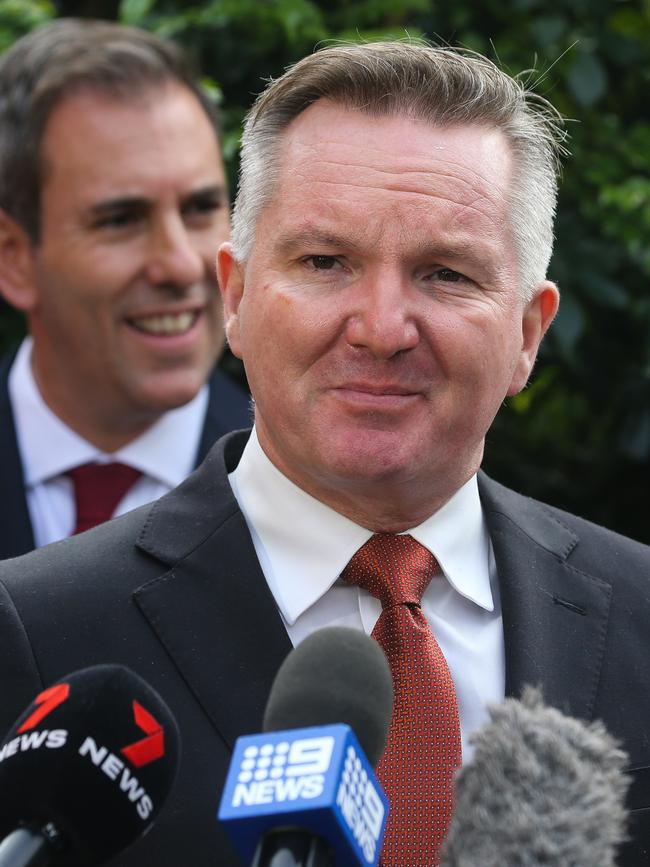
By adopting cattle as the new coal, climate activists are putting our $28.5bn red meat industry at risk. We can ill-afford to lose $17bn in red meat exports and $4bn in exported dairy products on top of the threat from Labor to coal and gas. It fails to recognise the quiet revolution in farming methods that is steadily improving soils and sequestering carbon from the atmosphere.
In 2005, the red meat industry was responsible for 21 per cent of emissions. Today it is less than 10 per cent. Most of the progress has been achieved in grazing properties, feedlots and processing plants. Yet, the innovation horizon stretches further towards the new frontier of soil organic carbon storage using smarter grazing management, shrewd stock control and the preservation of ground cover. Precision farming has led to a paradigm shift for growers that has helped lower input costs, improved soil texture and reduced run-off.
The country cannot afford a repeat of the mistake we made when we developed climate and energy policy without inviting the engineers into the room. Agricultural policy cannot be left to the urban, green elite with antagonism towards farmers.
Nick Cater is senior fellow at the Menzies Research Centre.




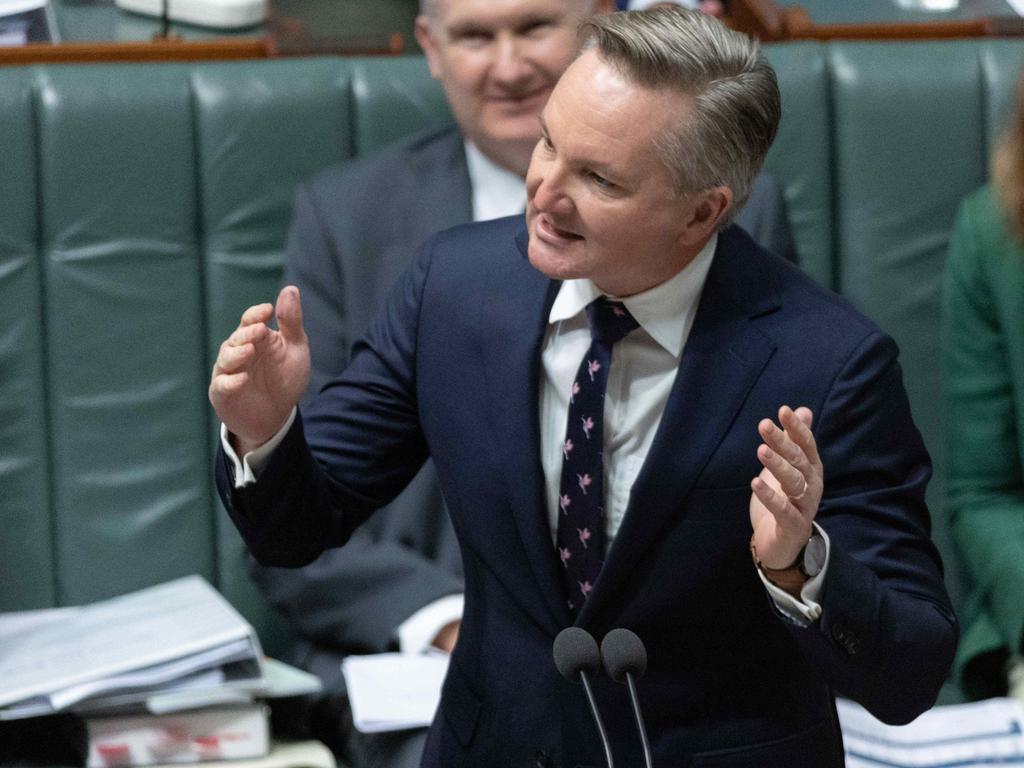


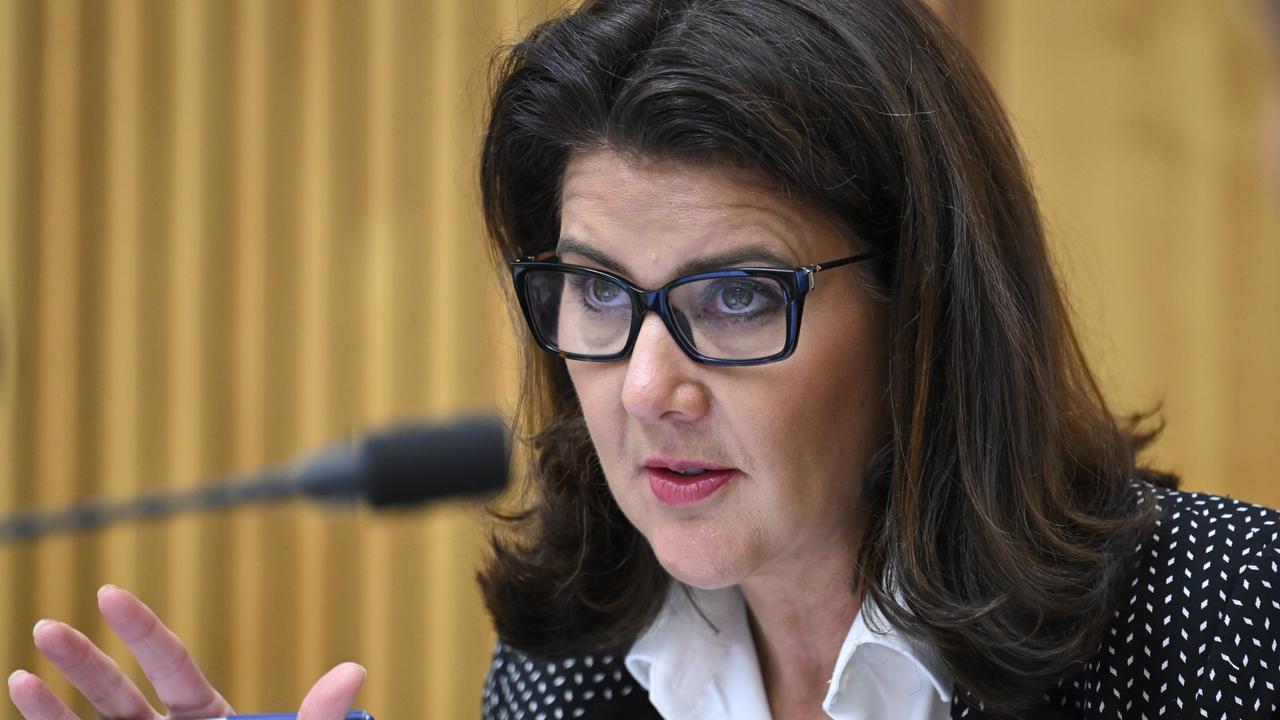
Last Tuesday night, rugged-up members of Labor’s Mid Mountains Branch in Wentworth Falls celebrated the adoption of the Climate, Clearing and Cows motion by posting a celebratory group selfie on Facebook.